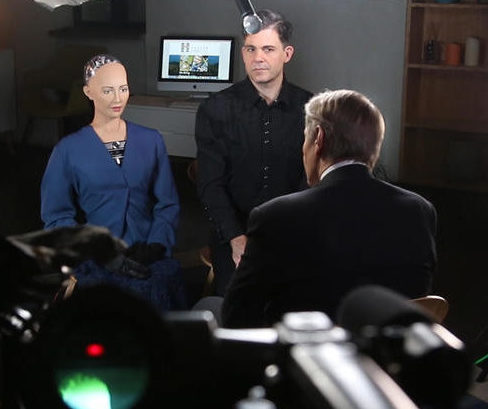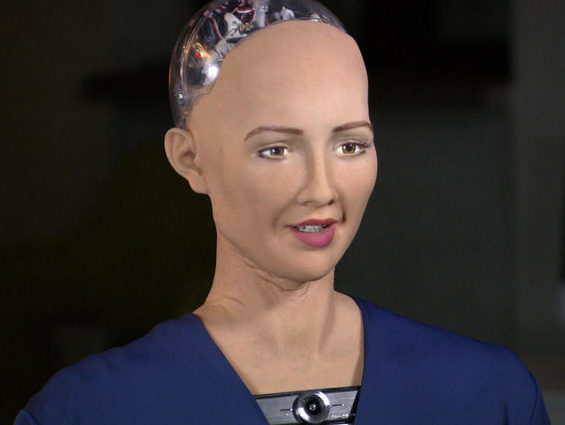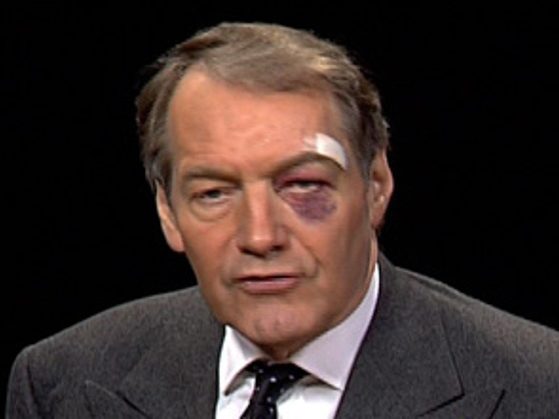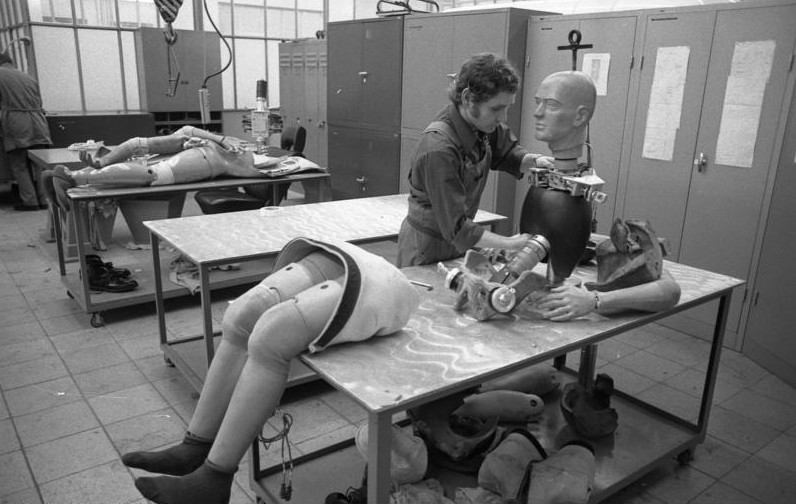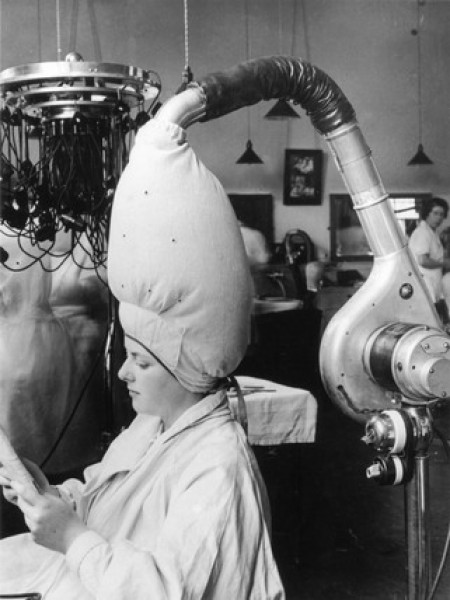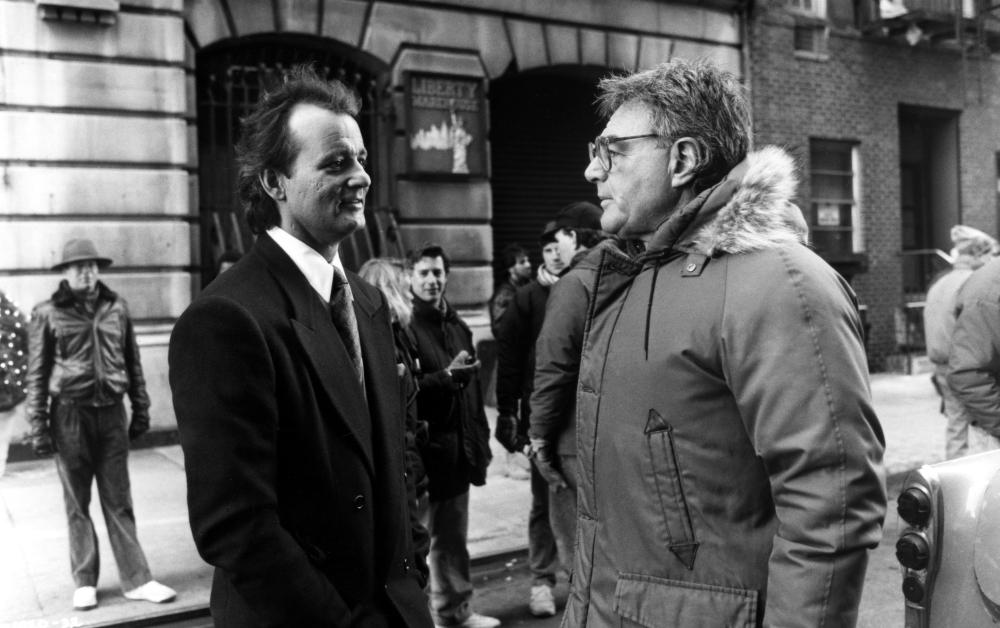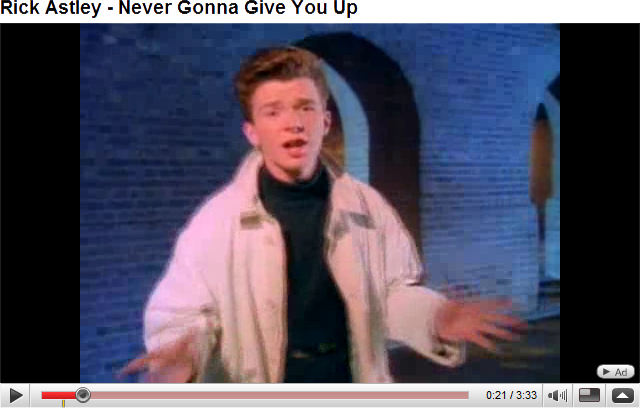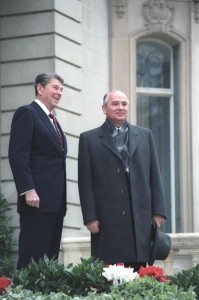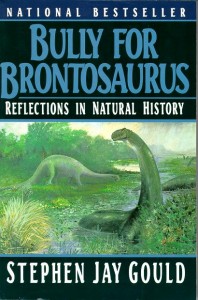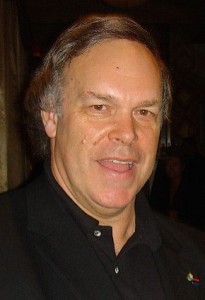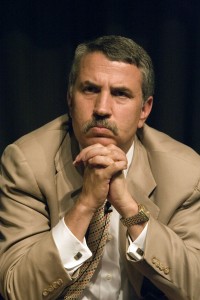 That handsome and agreeable robot Charlie Rose recently interviewed Warren Buffet and Bill Gates at Columbia University, and the billionaires made a point that is true in the long run, which is that technology replacing human toil and increasing productivity makes us richer.
That handsome and agreeable robot Charlie Rose recently interviewed Warren Buffet and Bill Gates at Columbia University, and the billionaires made a point that is true in the long run, which is that technology replacing human toil and increasing productivity makes us richer.
That’s correct, at least in the aggregate, though the distribution is tricky.
In the short- and medium-term, that can make for a bumpy ride, especially since the pace of the transitions are much faster now than in the time of steam-powered looms, a situation that’s only likely to accelerate as time passes. Smart policy is needed to fill the breach to help those left behind as Buffet and Gates state, but that’s not looking good presently, especially in America, with President Crazypants running the show.
The comments on automation:
Warren Buffett:
If we were here in 1800 and conducting this, somebody would point out that eventually tractors would come along and better fertilizer and that 80 percent of the people are now employed on the farm and in couple hundred years it is going to be 2 or 3 percent, and what are we going to do with all these people? Well, the answer is we release them. Keynes wrote something about in something called Essays in Persuasion, which he wrote in 1930 about what a more prosperous society would become like, and he actually postulated that in 100 years and we’re now 87 years along, there would be four to eight times as much output per capita—remarkable—but he didn’t quite get at how it would get distributed. But the idea of more output per capita—which is what the progress is made on productivity—that that should be harmful to society is crazy. Now the distribution may be a problem, but if one person could push a button and turn out everything we turn out now, is that good for the world or bad for the world? You’d have to figure out how to distribute it, but you’d free up all kinds of possibilities for everything else. Everything should be devoted initially to getting greater productivity, but people who fall through the wayside through no fault of their own, as the goose lays more golden eggs, should still get a chance to participate in that prosperity, and that’s where government comes in.
Charlie Rose (to Gates):
Do you have anything to add to that?
Bill Gates:
A problem of excess is a different problem than a problem of shortage. If all the tractor and computers stopped working, then we would have problems of shortage there, and we just wouldn’t have enough people to make the output. A problem of excess really forces us took at individuals effected and take those individual resources and make sure they’re directed to them in terms of reeducation and income policies. And the smaller class size in helping handicapped kids reaching out to the elderly…the demand for labor is not at zero. If you ever get to that point, sure, you can shorten the work week, you’ll be just fine with that. This idea of taking an individual during a generation who is effected by that, I think there’s a lot to be learned about that, a lot of thinking we have to do, but the macro picture that it enables is an opportunity.•

